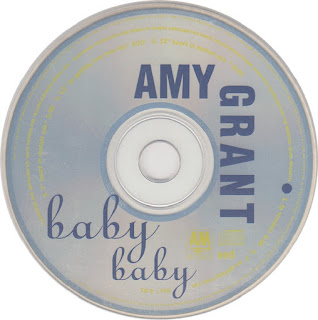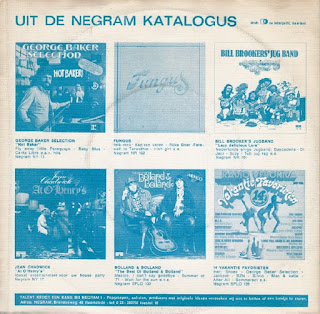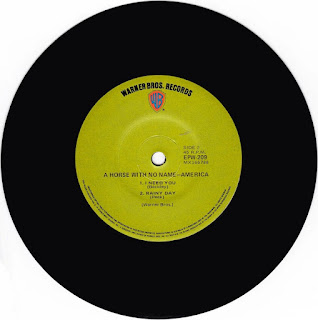"Baby Baby" is a 1991 pop song by American recording artist Amy Grant and it was issued as the first single from her eighth studio album Heart in Motion. The song was written by Keith Thomas and Grant. It was released on January 18, 1991, through A&M Records and topped the Billboard Hot 100 chart for two consecutive weeks in April 1991, becoming the first in a string of hits from Heart in Motion. At the 34th Annual Grammy Awards in 1992, the song received three Grammy Award nominations, including Song of the Year.
The music was written by Keith Thomas. Grant always knew the song would be a smash hit, and was begging Thomas to write the song. He agreed with the only condition that the song's title must be "Baby Baby". Grant had a hard time writing the lyrics, because her early attempts to write a romantic-sounding lyric to a song with such title came off sounding like "some overgrown football jock with no vocabulary trying desperately to be romantic". But one day, after having seen her six-week-old daughter Millie, she said to herself: "Oh, baby baby". As a result, the lyrics were written in about ten minutes in her kitchen. In the Heart in Motion booklet are the words: This song is dedicated to Millie, whose six-week-old face was my inspiration. Millie would also appear on stage during Grant's performance at the 34th Grammy Awards.
"Baby Baby" was Amy Grant's biggest hit since her 1986 duet with Peter Cetera, "The Next Time I Fall". In the United States, "Baby Baby" became Grant's second number-one hit on the pop charts and her first as a solo artist, topping the Billboard Hot 100 (replacing Wilson Phillips' "You're in Love" from the top spot) and Adult Contemporary charts for two and three weeks, respectively. It also made Grant the first Christian pop singer to have a number-one single in the United States. The single reached the Top Ten in ten countries, in addition to reaching No. 11 in Switzerland. In the United Kingdom, "Baby Baby" was the singer's first (and only) Top Five hit in that country, reaching No. 2 in the UK Singles Chart. "Baby Baby" went on to become Grant's biggest hit single and one of the most successful singles of 1991.
A music video was directed by D.J. Webster. and edited by Scott C. Wilson. According to Webster, the video's main idea was to create a picture of the relationship that everybody wants. Grant added, "I think when you get film where there is a good sense of humor and mutual respect and people are just having a good time, everybody wants a piece of that". Its beginning features Grant receiving attention from other men, and her staying loyal to her lover, portrayed by model Jme Stein (who also appeared in her other video from that album "Good for Me"). At some point Stein is seen singing along with Grant and at the end lip-syncing to the words "Baby I'm so glad". The rest of the video is all about the couple having fun together.
The video first aired in March 1991, although MTV didn't air it until it had become too popular not to. A music critic J.D. Considine praised the video, writing that "the Baby Baby clip defines the way most of us imagine her. It was hardly typical video fare, with no special effects or distant locales; all it offered was Grant and a good-looking guy cavorting and acting pretty as she lip-synced to the song. Yet there was something genuinely appealing about the image it conveyed, something that made viewers want to see the thing again". It received a nomination for Best Female Video at the 1991 MTV Video Music Awards, but lost to Janet Jackson's "Love Will Never Do".
It's available on the 1992 music video tape The Heart in Motion Video Collection and 2004 music video DVD Greatest Videos 1986-2004. A live performance is available on the 2006 DVD Time Again… Amy Grant Live.











































